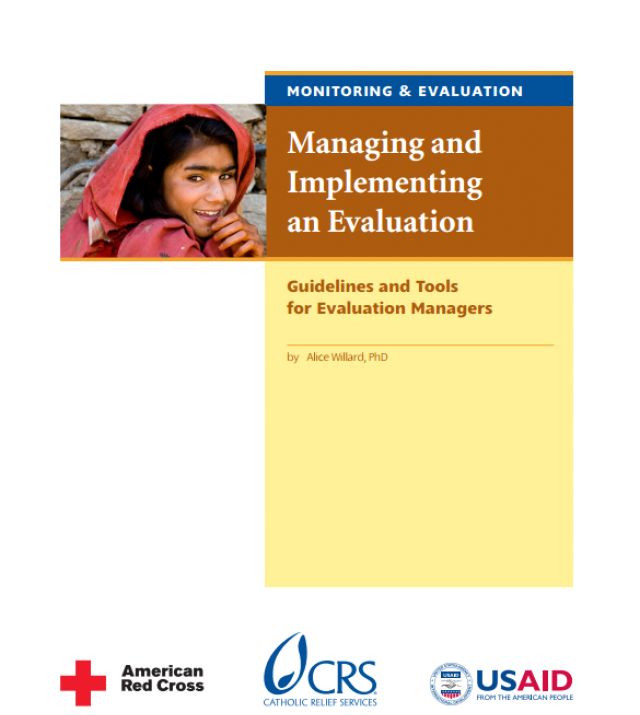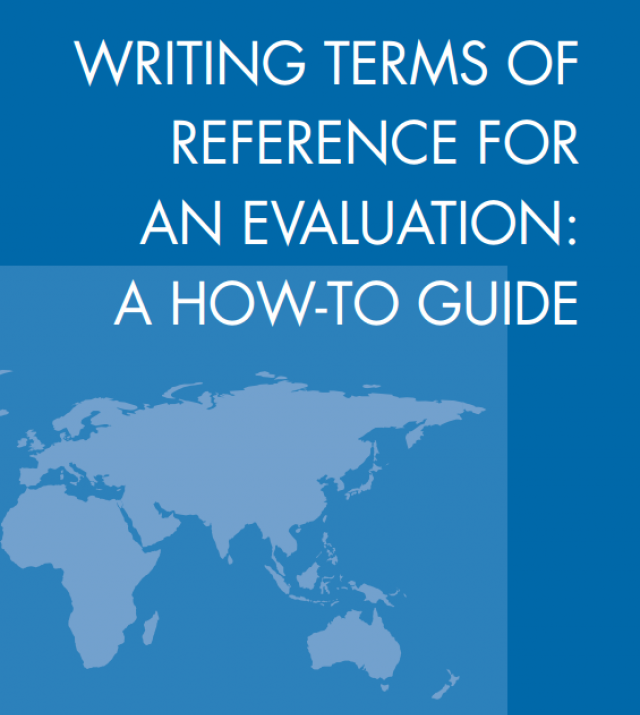
USAID Evaluation Policy

This policy responds to today’s needs. High expectations exist for respectful relationships among donors, partner governments, and beneficiaries. Many stakeholders are demanding greater transparency in decision-making and disclosure of information. Development activities encompass not only the traditional longterm investments in development through the creation of infrastructure, public sector capacity, and human capital, but also shorter-term interventions to support and reinforce stabilization in environments facing complex threats. All of these features of the current context inform a policy that establishes higher standards for evaluation practice, while recognizing the need for a diverse set of approaches.
This policy is intended to provide clarity to USAID staff, partners and stakeholders about the purposes of evaluation, the types of evaluations that are required and recommended, and the approach for conducting, disseminating and using evaluations. Intended primarily to guide staff decisions regarding the practice of evaluation within projects managed by USAID, it also serves to communicate to implementing partners and key stakeholders a new approach to evaluation.

